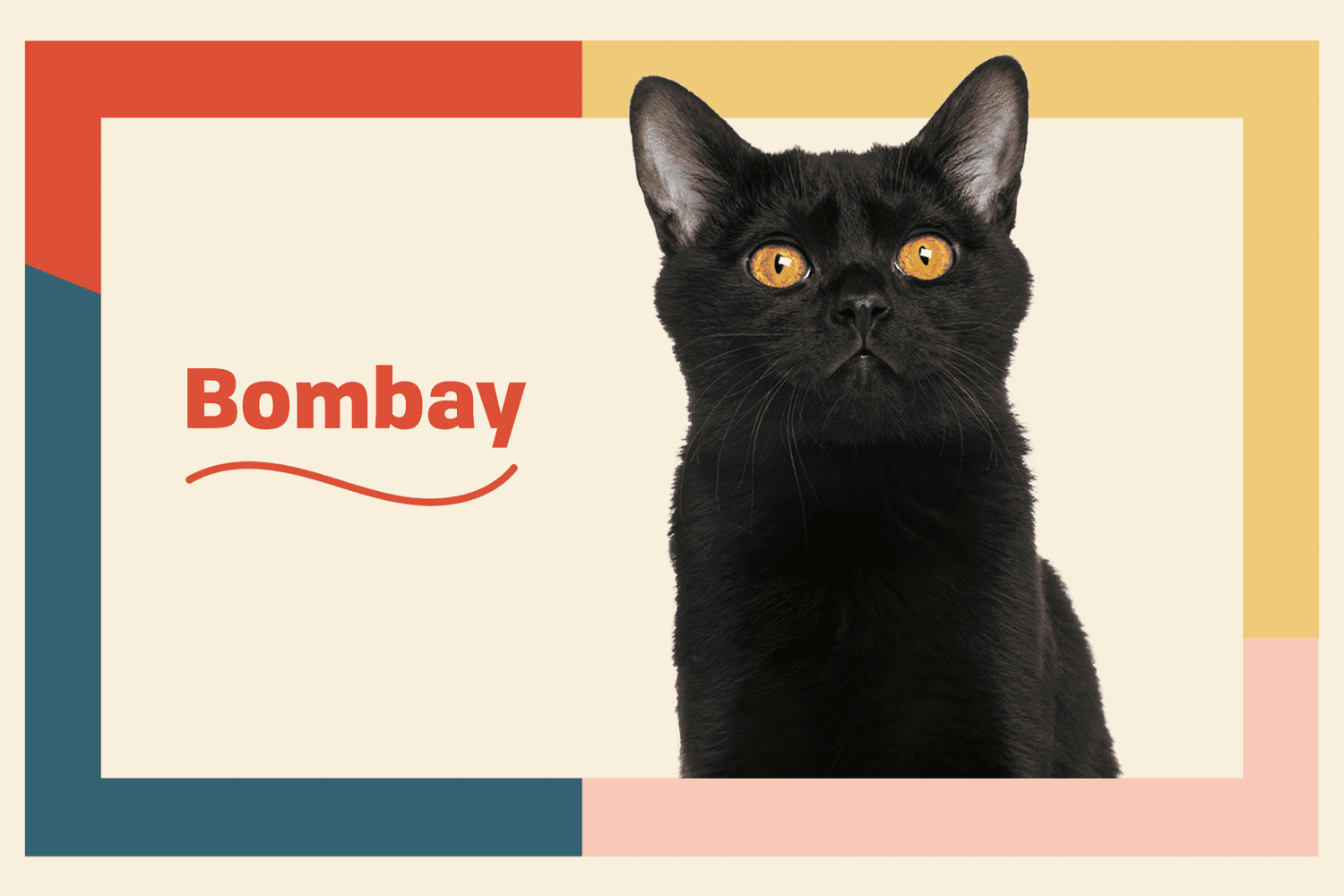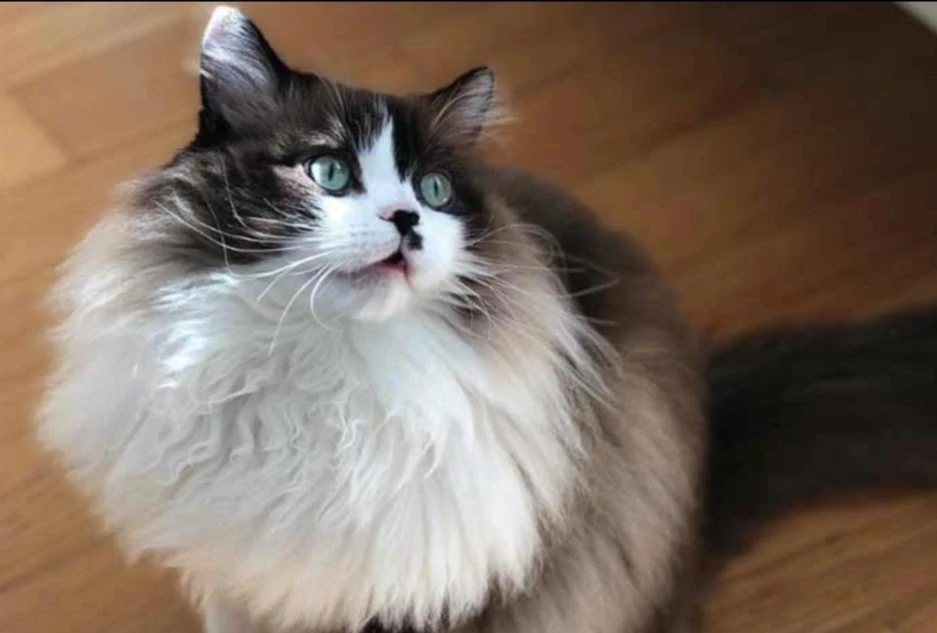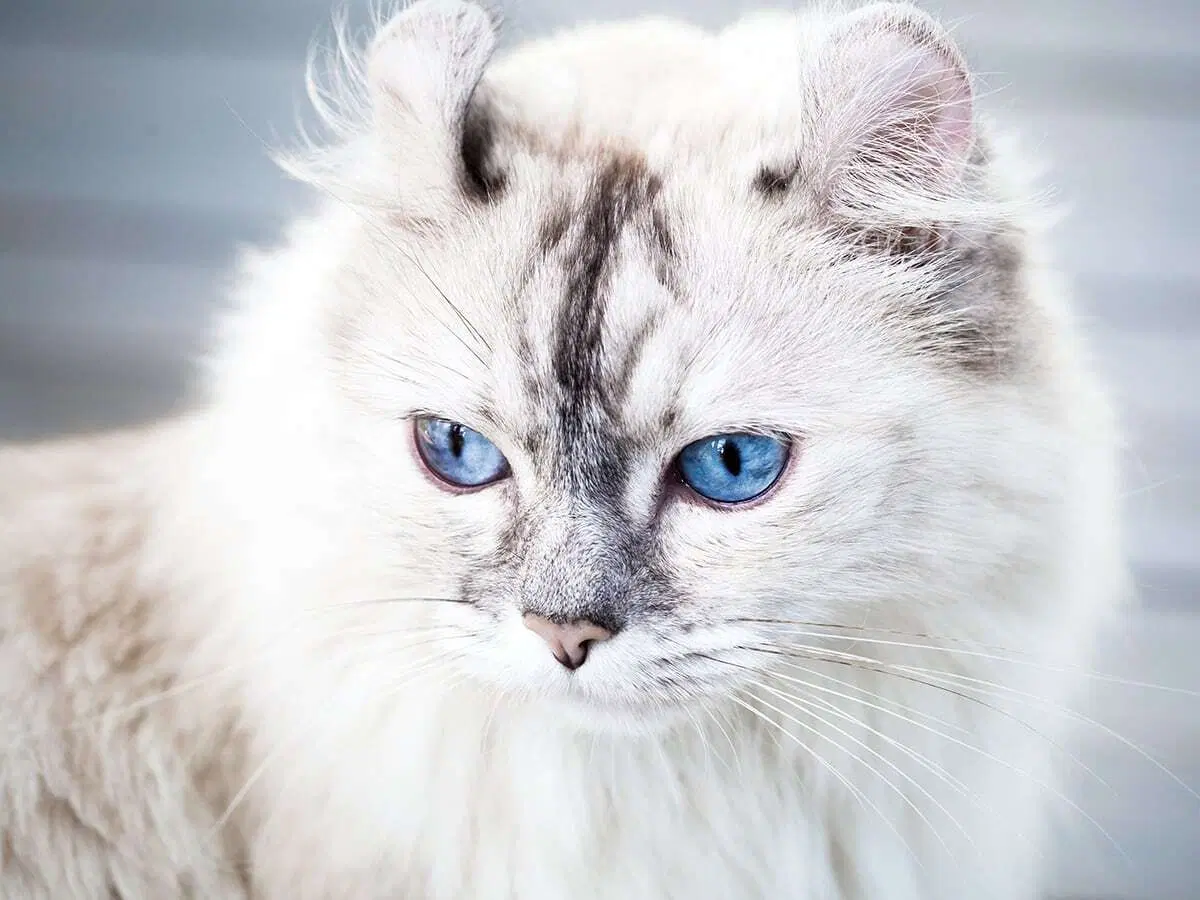Bombay Cat: Complete Guide to Profile, Characteristics, How to Train, How to Care, How to Choose, Pros and Cons, and Price
The Bombay cat, often described as a “miniature panther,” is a sleek, affectionate, and intelligent breed that captivates cat lovers with its stunning appearance and charming personality. Developed to resemble a wild panther but possess the temperament of a loving domestic cat, the Bombay is a unique and fascinating breed worth knowing. In this guide, we will explore everything about the Bombay cat — from its detailed profile and characteristics to care tips, training, how to choose a healthy kitten, pros and cons, and price.
Bombay Cat Profile
- Origin: United States (1950s)
- Size: Medium
- Weight: 6 – 11 pounds (2.7 – 5 kg)
- Lifespan: 12 – 20 years
- Coat: Short, fine, and glossy
- Color: Solid black
- Eye Color: Gold to copper
- Personality: Affectionate, intelligent, playful, people-oriented
- Suitable For: Families, singles, seniors, multi-pet households
The Bombay was developed in the 1950s by American breeder Nikki Horner, who crossed a black American Shorthair with a sable Burmese to create a sleek black cat with copper-gold eyes. Her goal was to create a “parlor panther,” and she succeeded beautifully.
Characteristics of the Bombay Cat
1. Physical Appearance
- Coat: Jet-black, short, and shiny. Every part of the Bombay, including the paw pads and nose, is black.
- Body: Muscular and medium-sized but surprisingly heavy when picked up (“a little brick wrapped in silk”).
- Eyes: Round and vivid, in shades of copper to deep gold.
- Head: Rounded with a short muzzle and wide-set eyes.
2. Personality Traits
- Affectionate: Bombay cats form deep bonds with their families. They love to cuddle and follow their humans everywhere.
- Playful and Energetic: They enjoy interactive play and can retain a kitten-like personality well into adulthood.
- Intelligent: They are quick learners and curious by nature, always seeking new experiences.
- Sociable: They are generally friendly toward guests and enjoy being the center of attention.
How to Care for a Bombay Cat
1. Grooming
The Bombay’s short, fine coat is low-maintenance.
- Brushing: Once a week with a soft brush or grooming glove to remove loose hair and maintain their coat’s gloss.
- Bathing: Rarely necessary unless they get into something dirty.
- Ears, Teeth, and Nails:
- Clean ears weekly with a damp cotton ball.
- Brush teeth regularly to prevent periodontal disease.
- Trim nails every couple of weeks.
2. Diet and Nutrition
- High-Protein Diet: As obligate carnivores, Bombays need a diet rich in quality animal protein.
- Portion Control: They can gain weight if overfed, so monitor food intake carefully.
- Hydration: Fresh water should always be available.
3. Exercise Needs
- Play Sessions: Interactive toys like laser pointers, feather wands, and puzzle feeders are ideal.
- Climbing Opportunities: Invest in a sturdy cat tree to satisfy their climbing instincts.
- Social Interaction: They thrive on attention, so daily play and cuddle time are essential.
How to Train a Bombay Cat
Training a Bombay cat is relatively easy due to their intelligence and eagerness to please.
Tips for Training:
- Positive Reinforcement: Use treats, praise, and petting to reward good behavior.
- Consistency: Regular short sessions (5–10 minutes) are more effective than long, infrequent sessions.
- Basic Commands: Start with simple tricks like “sit,” “come,” and “high five.”
- Clicker Training: Bombays respond well to clicker training, making it easier to teach them commands and tricks.
- Litter Training: Most Bombays are easily litter-trained from a young age.
How to Choose a Healthy Bombay Kitten
When choosing a Bombay kitten, it’s essential to pick a responsible breeder or adoption center.
What to Look For:
- Reputable Breeder: Choose a breeder registered with major cat associations like CFA or TICA.
- Health Guarantee: Ensure the kitten comes with a health guarantee against genetic conditions.
- Vaccinations: Verify that vaccinations are up-to-date.
- Socialization: Observe the kitten’s behavior. A healthy Bombay kitten should be playful, curious, and sociable.
- Physical Check: Clear eyes, clean ears, shiny coat, and no signs of diarrhea or respiratory issues.
Red Flags:
- Kittens housed in poor conditions
- Reluctance from the breeder to show the parents
- Overly shy or lethargic kittens
Pros and Cons of Owning a Bombay Cat
Pros:
- Affectionate Companions: They are highly affectionate and love spending time with humans.
- Low Grooming Needs: Minimal grooming required compared to long-haired breeds.
- Highly Intelligent: They can learn tricks and commands quickly.
- Adaptable: They can live happily in apartments or houses.
- Sociable: They get along well with children and other pets.
Cons:
- Need for Attention: They don’t like being left alone for long periods and may become lonely or anxious.
- Vocal: Some Bombays can be quite talkative, which may not suit everyone.
- Potential Weight Gain: They can become overweight if not exercised properly.
Health Considerations
Bombay cats are generally healthy, but they are prone to some inherited conditions:
- Hypertrophic Cardiomyopathy (HCM): A heart condition common in many cat breeds.
- Respiratory Issues: Due to their short muzzle, some Bombays may have minor breathing difficulties.
- Obesity: Without proper diet and exercise, Bombays can easily become overweight.
Regular veterinary checkups and a healthy lifestyle can help prevent or manage these issues.
Price of a Bombay Cat
The price of a Bombay cat varies based on location, breeder reputation, and whether the cat is pet-quality or show-quality.
- Pet-Quality Bombay: $500 – $1,000 USD
- Show-Quality Bombay: $1,000 – $2,000 USD
- Adoption from Shelter: $75 – $200 USD
Always factor in additional costs such as vaccinations, neutering/spaying, microchipping, food, litter, and toys.
Conclusion
The Bombay cat is a stunning and affectionate breed that offers the perfect blend of beauty, intelligence, and companionship. Whether you are a single person looking for a loyal companion, a family seeking a playful and gentle pet, or a senior wanting a loving lap cat, the Bombay fits perfectly into many types of households.
With minimal grooming needs, a lively personality, and strong bonds to their humans, Bombays make extraordinary pets for those ready to provide them with the love and attention they crave. However, because they are social and active, prospective owners should be prepared to invest time daily for interaction and play. If you’re looking for a striking “mini-panther” with a heart full of love, the Bombay cat might just be your perfect match!




